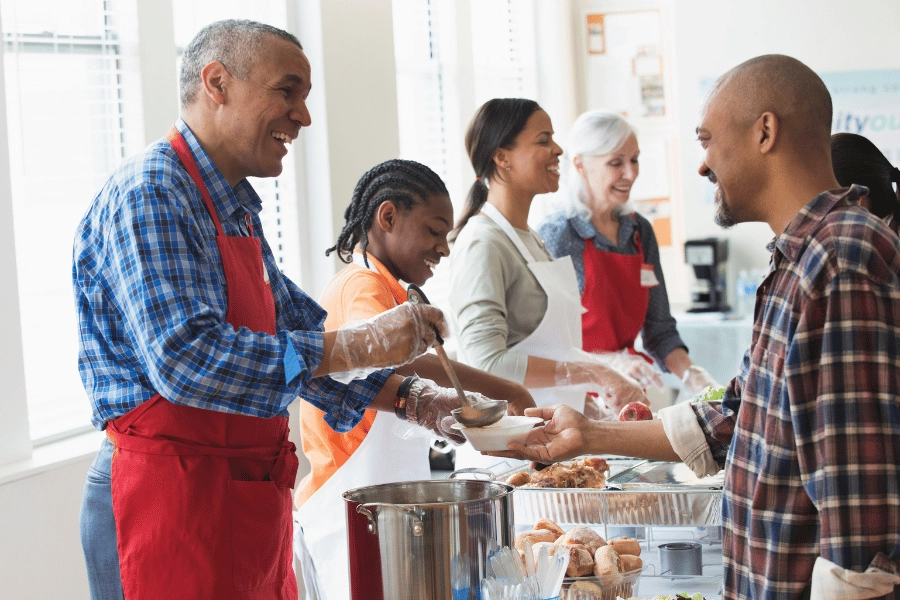Recent Blogs
Posts by Categories
- Buying (214)
- Selling (137)
- Realtors® (130)
- Life in Raleigh (129)
- Homeowner Guides (108)
- Moving to (82)
- Things to do (67)
- Raleigh Real Estate (33)
- Restaurants (22)
- Neighborhoods in Raleigh, NC (19)
Posts by Month
- November, 2025 (27)
- October, 2025 (27)
- September, 2025 (28)
- August, 2025 (30)
- July, 2025 (23)
- June, 2025 (29)
- May, 2025 (27)
- April, 2025 (21)
- March, 2025 (19)
- February, 2025 (15)
Homes for Sale by City
- Angier Homes
- Apex Homes
- Cary Homes
- Chapel Hill Homes
- Clayton Homes
- Durham Homes
- Fayetteville Homes
- Fuquay-Varina Homes
- Garner Homes
- Holly Springs Homes
- Knightdale Homes
- Middlesex Homes
- Morrisville Homes
- Pittsboro Homes
- Raleigh Homes
- Rolesville Homes
- Sanford Homes
- Wake Forest Homes
- Zebulon Homes
- Downtown Raleigh Homes
- Inside The Belt Homes
- North Hills Homes
- All Cities >
- Newest Listings
What's your home worth?
Have a top local Realtor give you a FREE Comparative Market Analysis
@ Copyright 2024, RaleighRealty.com - Powered by AgentLoft






.png)













.png)